January
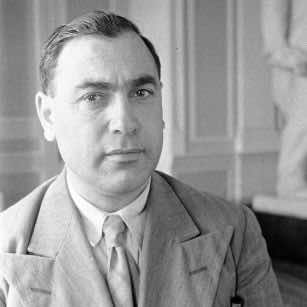
Outstanding statesman and scientist Aziz Aliyev
Outstanding statesman and scientist Aziz Mammadkarim oglu Aliyev was born on January 1, 1897, in Iravan. Aziz Aliyev was repeatedly elected as a deputy to the Supreme Soviet of the USSR, RSFSR, Azerbaijan SSR, Dagestan ASSR. He was also awarded orders and medals. Aziz Aliyev died on July 27, 1962 and was buried in the Alley of Honor. Several streets in Azerbaijan and Dagestan were named after him.
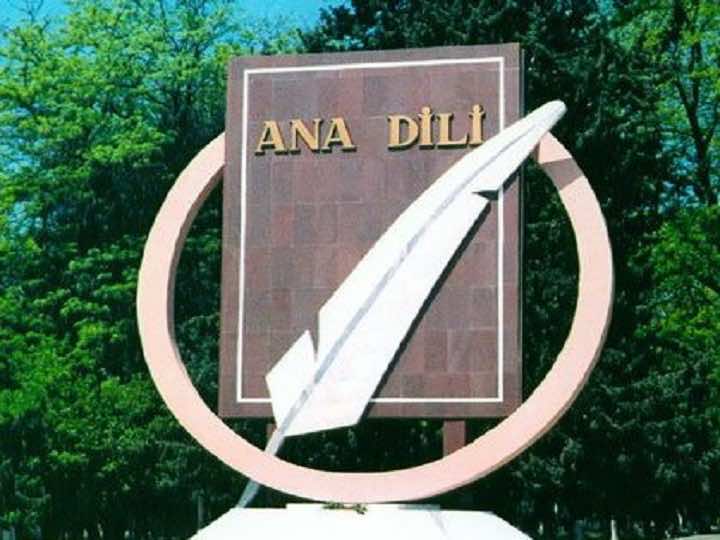
Transition to a new (Latin) alphabet in Azerbaijan
By a resolution of the Central Executive Committee of May 29, 1928, universal compulsory education was introduced in the republic. The VI All-Azerbaijani Congress of Soviets approved this positive decision of the CEC, and the transition to the new Azerbaijani (Turkish) alphabet, and considered it an important event in the development of the "cultural revolution" in the republic. The congress determined the main tasks of cultural construction, which will be of great importance in the republic. By decision of the Central Executive Committee, on January 1, 1929, the republic switched to a new alphabet.
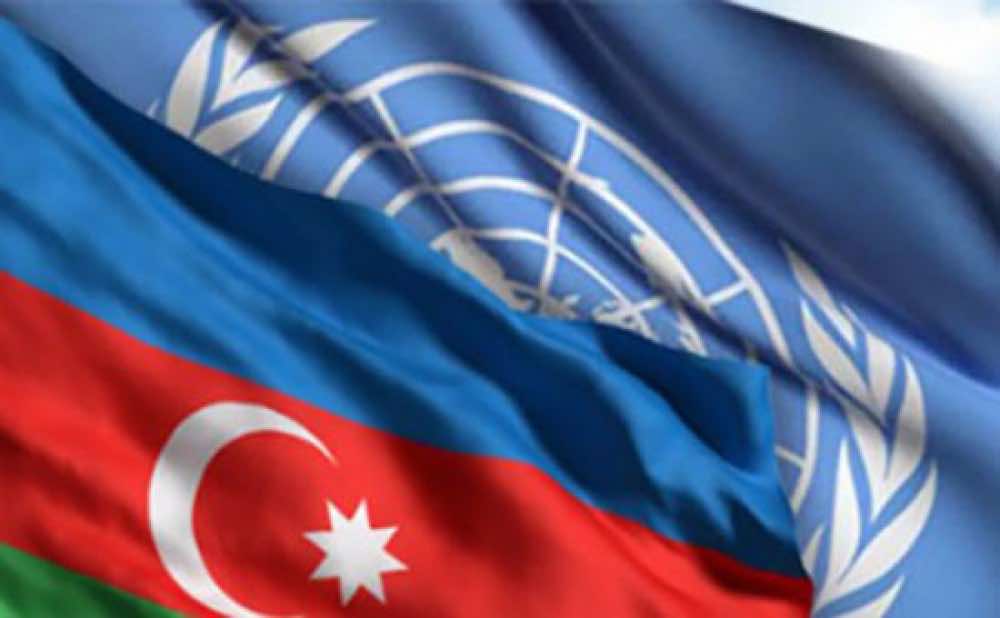
Non-permanent membership of Azerbaijan in the UN Security Council
On October 24, 2011, the Republic of Azerbaijan was elected for the first time as a non-permanent member of the UN Security Council. The voting was tense and consisted of 17 rounds. As a result, having gained 155 votes, our country, ahead of its competitors Hungary and Slovenia, won the right of non-permanent membership in the Security Council for the next two years. Azerbaijan's membership in this prestigious organization began on January 1, 2012.
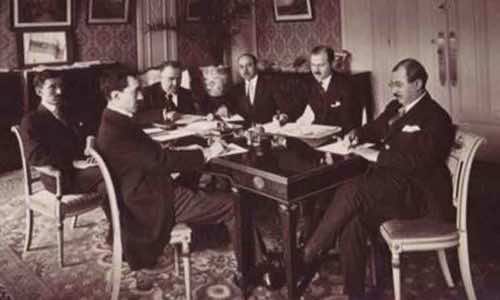
De facto recognition of Azerbaijan
The recognition of the de facto independence of Azerbaijan by the Supreme Council of the Entente was a very important event in terms of the restoration of Azerbaijani statehood, as well as the result of the successful work of Azerbaijani diplomacy, especially Alimardan bey Topchubashov and the Azerbaijani delegation at the Paris Peace Conference.
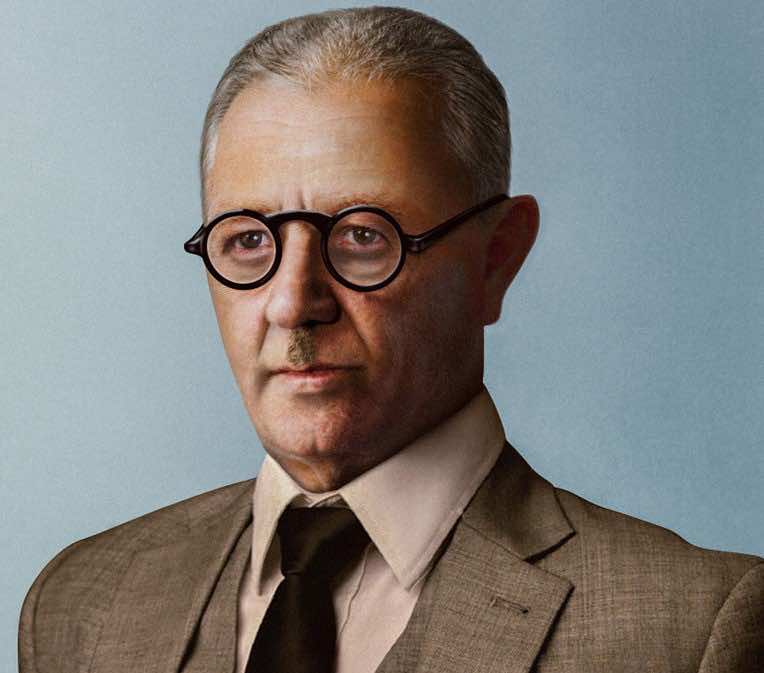
Premiere of Uzeyir Hajibeyli
The outstanding Azerbaijani composer Uzeyir Hajibayli wrote his first opera "Leyli and Majnun" in 1908. This was the first opera not only in Azerbaijan, but throughout the East. Thus, U. Hajibeyli laid the foundation for professional composer activity in Azerbaijan at the beginning of the 20th century. "Leyli and Majnun" embodies a new genre of opera - mugham opera. The definition of a "mugham opera" harmoniously combines the musical traditions of the East and West. This is not an artificial fusion of centuries-old and developing forms of Eastern and Western musical cultures: mugham on the one hand, opera on the other.
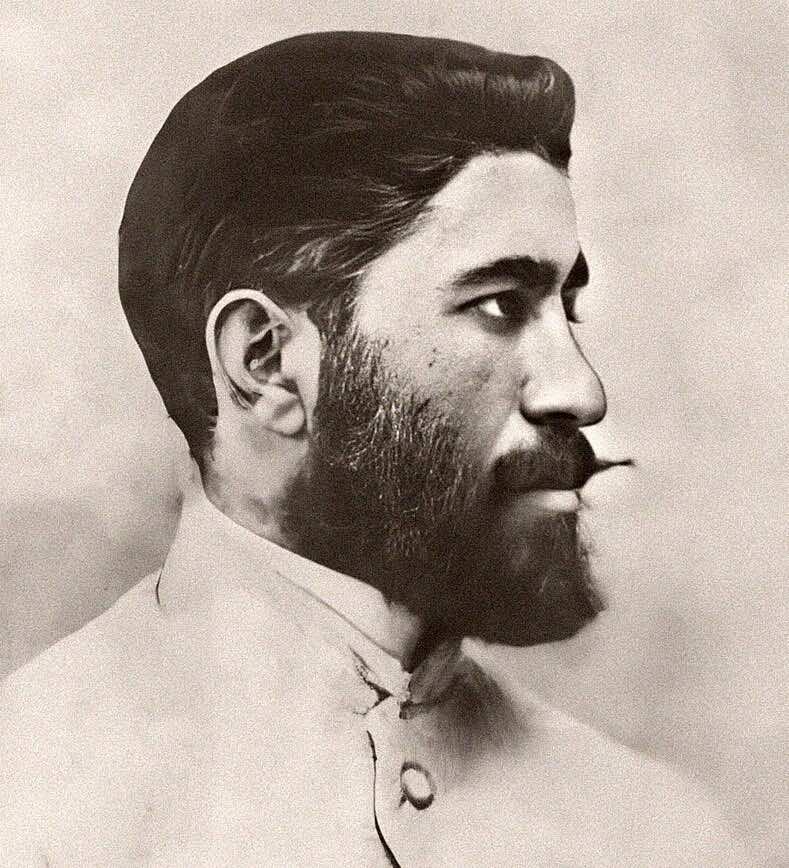
Karabakh Governor-Generalship (1919–1920)
The Council of Ministers of Azerbaijan Democratic Republic on January 15, 1919 decided to establish a temporary governor-general for the Zangazur, Shusha, Javanshir and Jabrayil districts. The provisional governor-general was to be endowed with emergency powers. Khosrov-bek Sultanov was approved for the post of Governor-General of Karabakh.
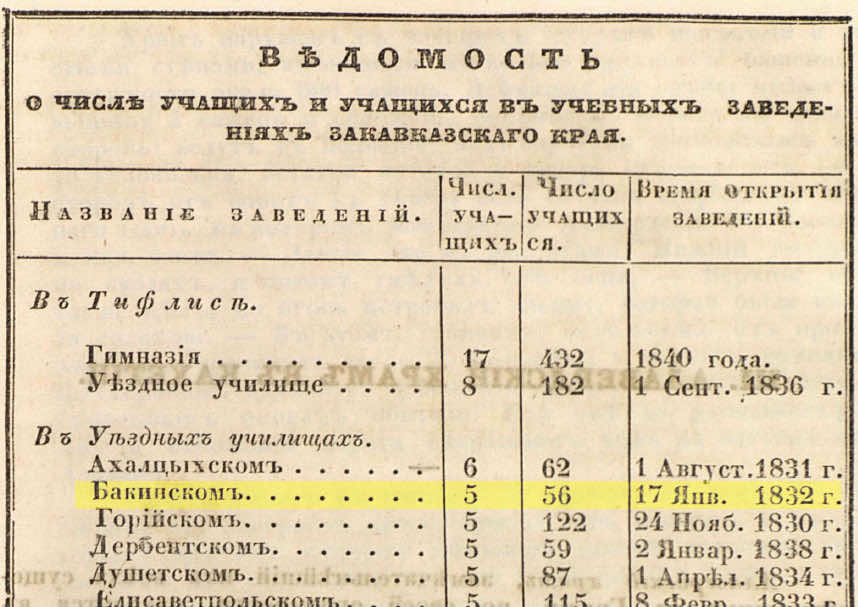
First secular district school in Baku
On January 17, 1832, the first educational institution - a two-year secular school was opened in Baku. According to the information of 1834, there were only 22 students and 2 teachers in this school. On May 12, 1835, a new Regulation on the Transcaucasian Schools was approved. The number of classes was increased to three, the first class was considered preparatory. Sharia, Russian grammar, geography, history, elementary courses in arithmetic and geometry, local languages, calligraphy, drawing and drafting were taught in the two senior classes. Local languages were taught in grades II-III.
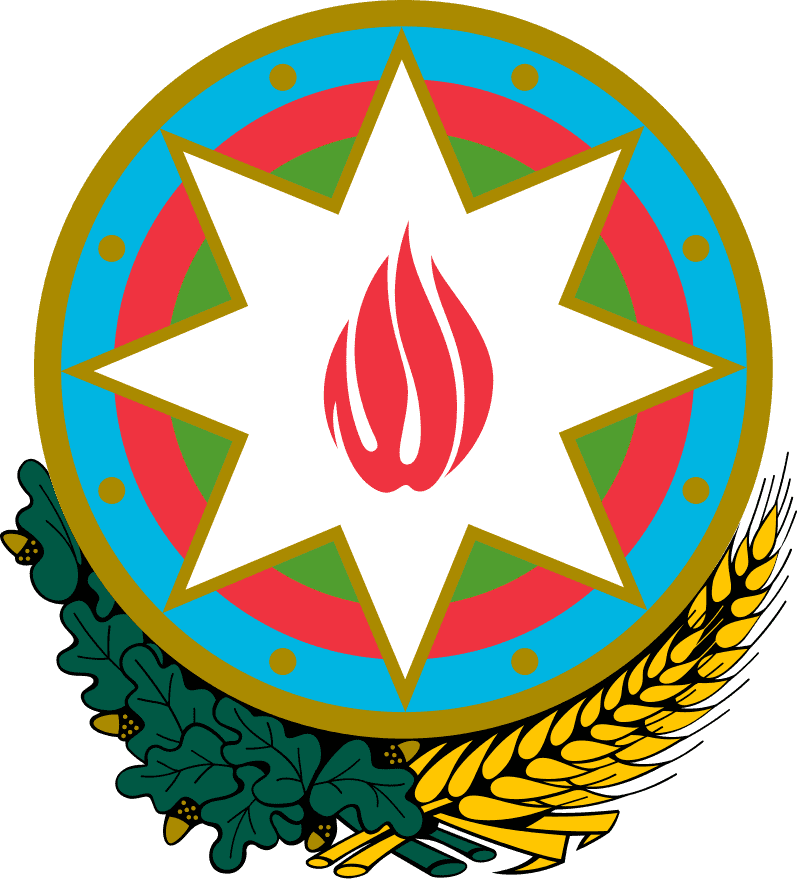
Approval of the State Emblem of the independent Republic of Azerbaijan
The National Emblem of the Republic of Azerbaijan represents an image of oriental shield placed on the arch composed of oak branches and ears. On the shield, against the background of colors of the State Flag of the Republic of Azerbaijan, there is an image of an eight-pointed star and in the center of the star there is an image of flame. In the colored description of the State Emblem of the Republic of Azerbaijan, the star is white, the flame is red, the oak branches are green, the ears are yellow, and the rims of the shield and the star, as well as rivets and oak galls are golden.
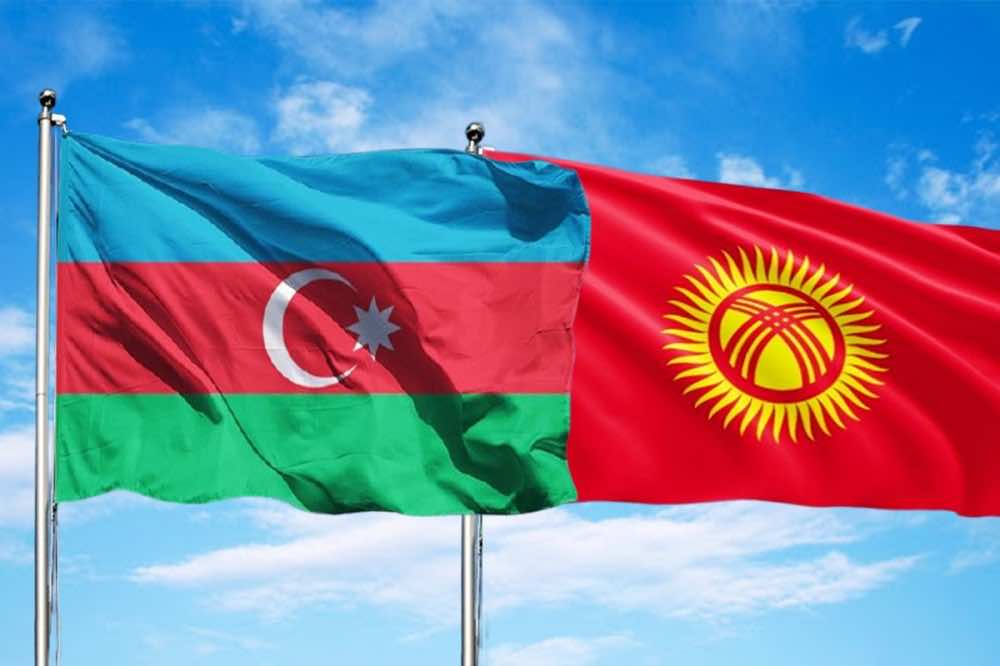
Diplomatic relations between Azerbaijan and Kyrgyzstan
Relations between Azerbaijan and Kyrgyzstan have a rich historical past. Azerbaijani and Kyrgyz people are connected with close ties thanks to history, language, religion, culture and traditions. Azerbaijanis and Kyrgyz are united by their Turkic-speaking peoples and religious identity. Both nations were ruled from one centre during the Russian Empire and the Soviet Union. Economic and cultural ties developed between the two republics during the Soviet period.
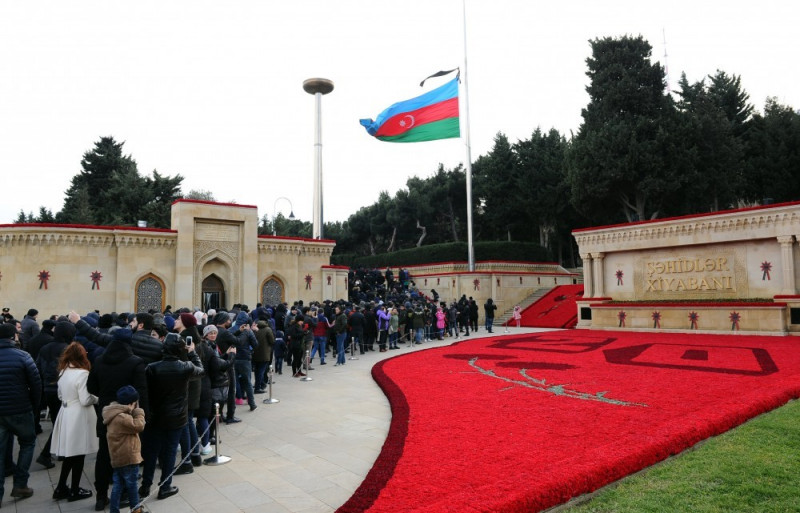
Tragedy of January 20 is a page of honor and heroism in our history
On the night of January 19-20, under direct instructions from Mikhail Gorbachev, the then General Secretary of the Central Committee of the Communist Party of the Soviet Union, military units from the USSR Ministry of Defense, State Security Committee and Ministry of Internal Affairs entered Baku and nearby regions, massacring the civilian population using heavy military equipment and other various forms of weaponry. As a result of the January tragedy, 131 civilians were killed and 744 more were wounded in Baku and nearby regions.
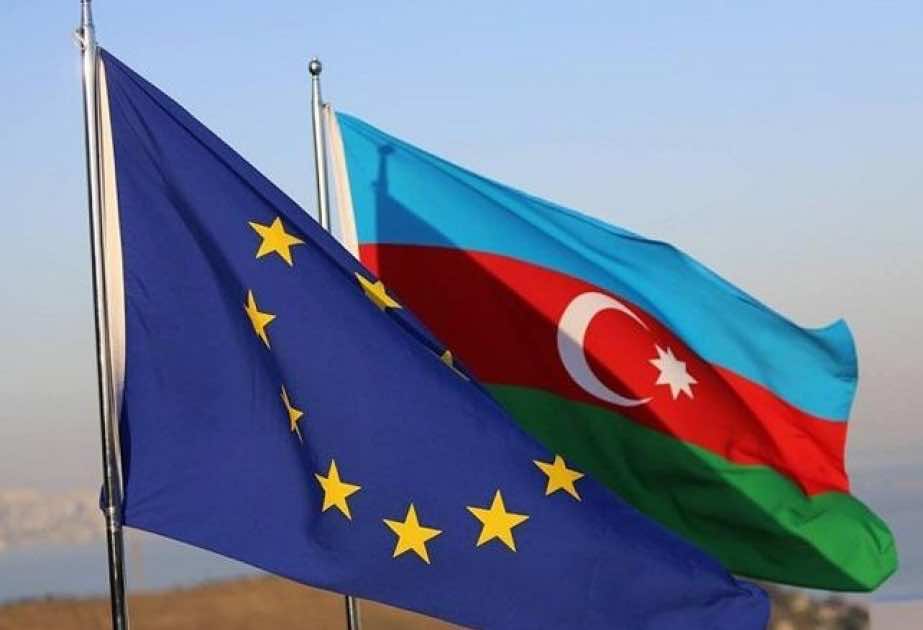
Full membership of the Republic of Azerbaijan in the Council of Europe
On January 17, 2001, at the meeting of the Committee of Ministers of the Council of Europe, held at the level of representatives, a decision was made to accept the Republic of Azerbaijan as a full member of the Council of Europe. Azerbaijan became a member of the Council of Europe on January 25, 2001 and ratified the European Convention on Human Rights on December 25th, 2001. This marked the beginning of a new stage in the history of our country's relations with Europe.
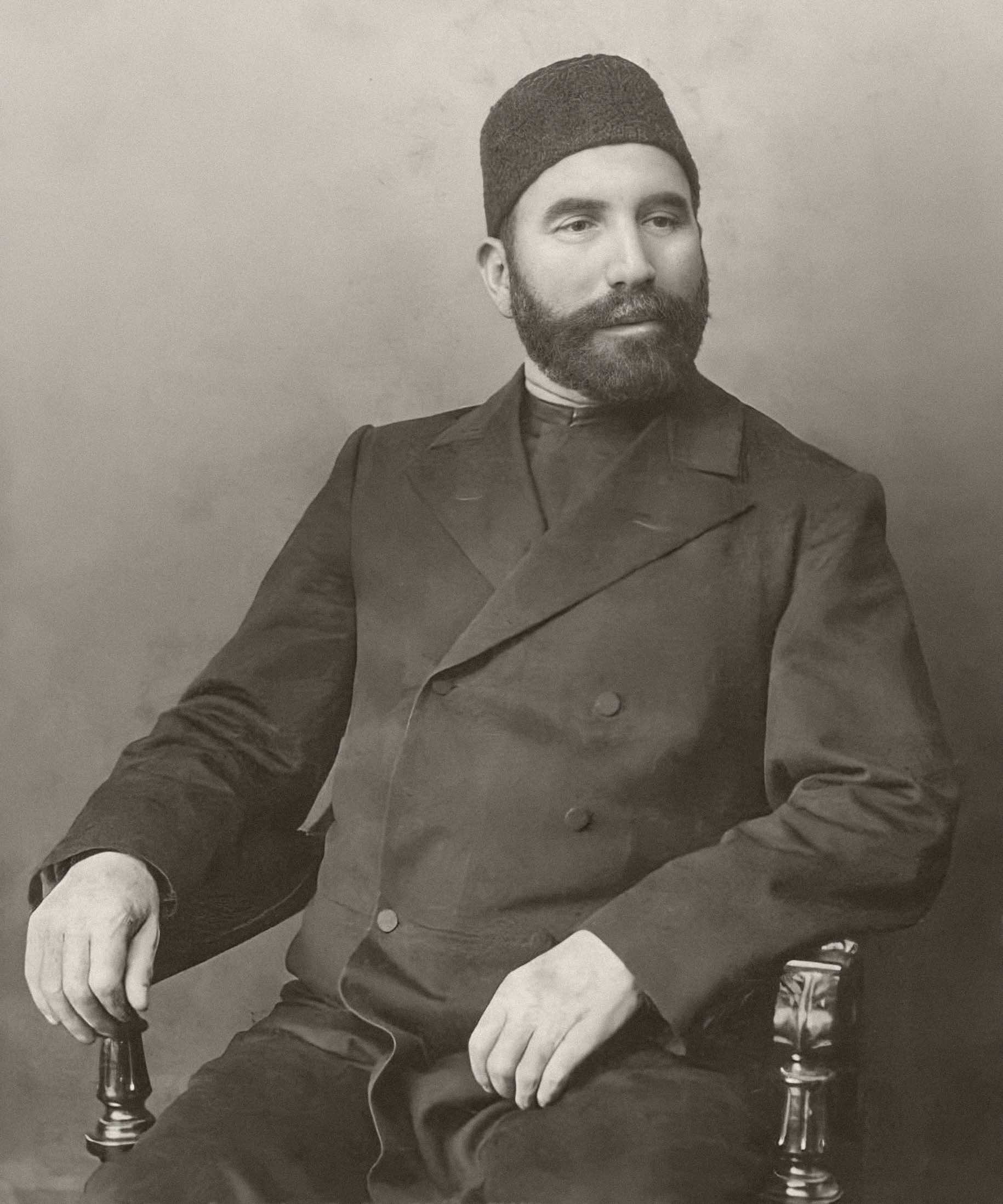
Great philanthropist Haji Zeynalabdin Tagiyev
Great philanthropist Haji Zeynalabdin Tagi oglu Tagiyev was born on January 25, 1823 in Baku, in the family of a shoemaker. Multimillionaire, prominent Azerbaijani industrial magnate, and philanthropist, and successful entrepreneur in the 20th century. Since he was the patron of education and culture, the people called him the father of the nation. He went down in the history of the Azerbaijani people as a philanthropist, who had a great influence on the training of national personnel. Taghiyev contributed to the establishment and development of education and culture in Azerbaijan. No wonder the Azerbaijani people still call him the father of the nation.
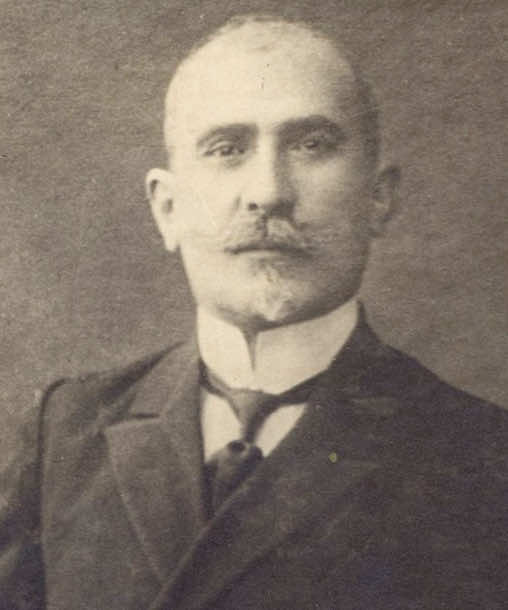
Outstanding Azerbaijani teacher, literary critic, and publicist Firidun bey Kocherli
Enlightener, writer-publicist, literary critic, and translator Firidun bey Ahmed aga oglu Kocharli was born on January 26, 1863, in the city of Shusha in the family of a beу (title of nobility). The main theme of the journalistic articles by F. Kocharli was the criticism of the colonial policy of tsarism in Azerbaijan, a call for national awakening and political activism, protection of peasants’ rights, struggle for women’s freedom, problem of enlightenment and other issues.
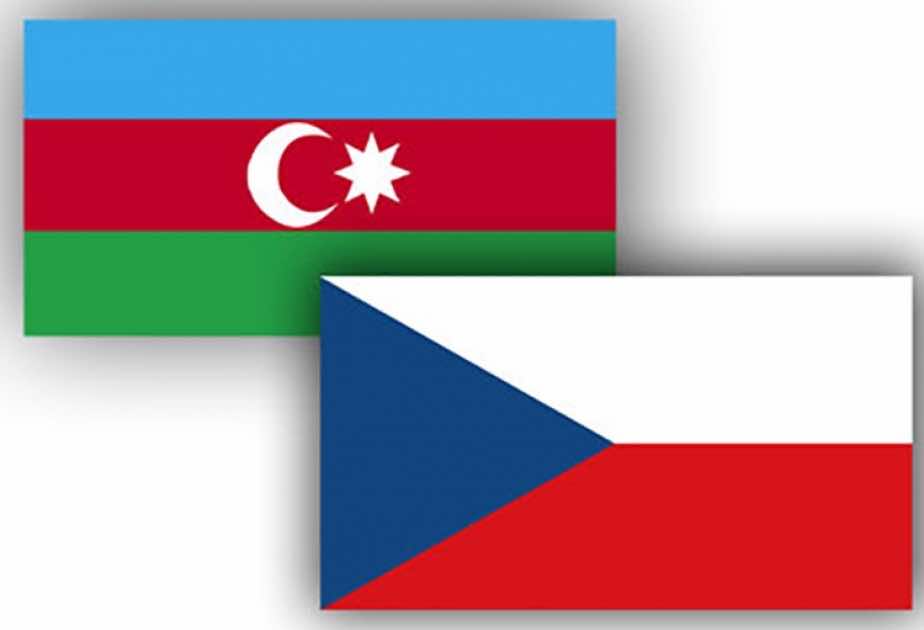
Azerbaijan-Czech diplomatic relations
After gaining independence, Azerbaijan defined the development of relations with the Czech Republic in all areas as one of the important tasks in foreign policy. Taking into account the unique opportunities of this country in the European political arena, special attention was paid to raising relations to the level of strategic partnership.
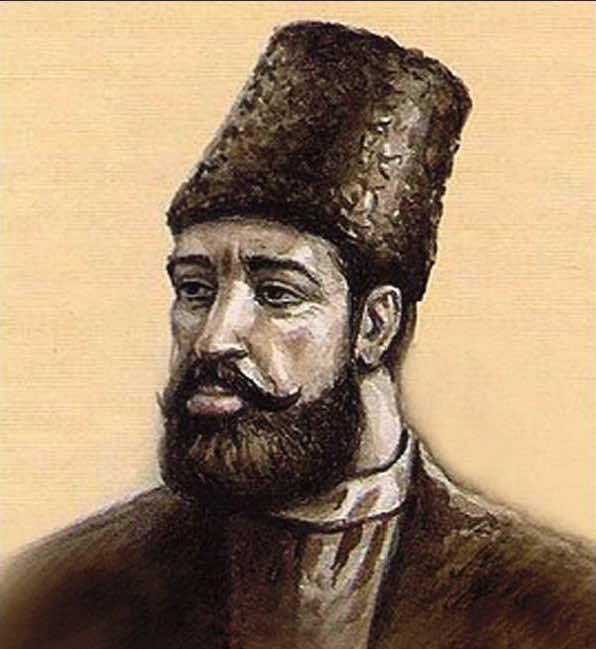
Occupation of the Ganja Khanate
One of the independent state formations that formed in Azerbaijan in the middle of the 18th century was the Ganja Khanate. To protect its independence, the Khanate was forced to wage war several times with the Kartli-Kakheti Kingdom and the Karabakh Khanate. 1796, the Russian army led by General V. Zubov occupied Ganja. After the death of Catherine II, in 1797, Russia withdrew its troops from Azerbaijan. In January 1801, Pavel I issued a manifesto on the unification of the Georgian kingdom with Russia. During the reign of Alexander, I, who succeeded his father after he was killed because of a conspiracy, the Russians began to again carry out their plans of conquest in the South Caucasus.
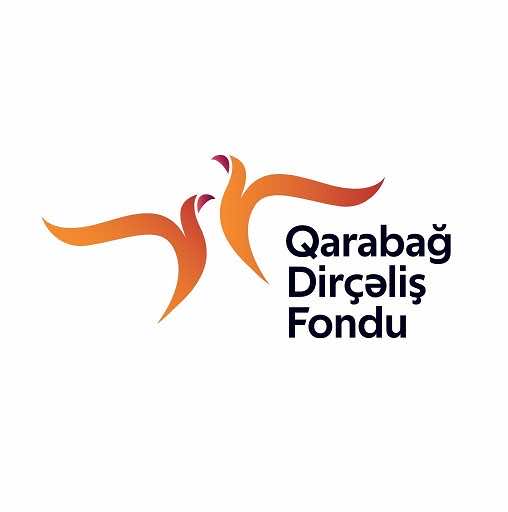
Karabakh Revival Fund
After the Great Karabakh Victory, the processes of restoration and revival of the territories liberated from occupation are carried out at an unprecedented high level - based on the latest technologies available in world practice, including “smart” technologies. In this regard, to effectively support the constant growth of activity and well-being of the population, a very important decision was made. On January 4, 2021, by the Decree of the President of the Republic of Azerbaijan Ilham Aliyev, to ensure a modern and decent life, for sustainable settlement in the territories liberated from occupation, to carry out construction and restoration, the “Karabakh Revival Fund” was created.
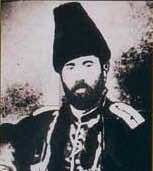
Lieutenant General Ismail Nakhchivanski
Ismail Khan Ehsan Khan oghlu Nakhchivanski was born on January 5, 1819 in the family of one of the Nakhchivan khans, the famous Major General Ehsan khan Nakhchivan. Ismail Khan Nakhchivanski received his first education in the palace of his father Ehsan Khan and learned the Persian language perfectly. Later, his father took him to study in Tiflis and sent him at the Noble Gymnasium. Ismail Khan received his secondary education in this gymnasium. In 1839, he graduated from the Tbilisi military gymnasium, and a year later received the rank of lieutenant. By order of the Commander-in-Chief, from March 3, 1845, he served in the cavalry unit of the Separate Caucasian Corps.
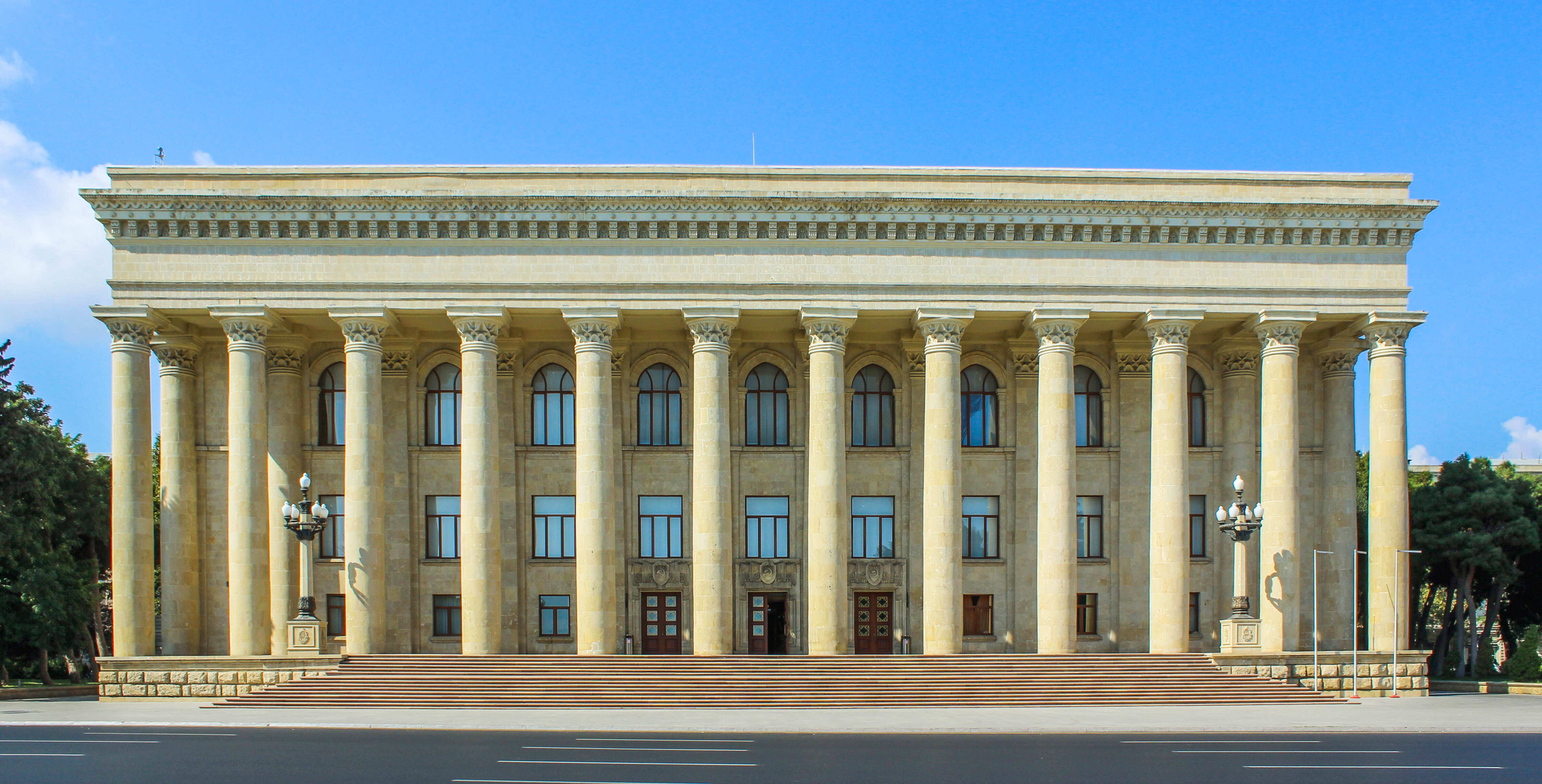
Azerbaijan Independence Museum
The first official state museum in our republic is the Museum of Independence. It was founded during the Azerbaijan Democratic Republic. The Museum of Independence, opened in the Parliament building on December 7, 1919, on the anniversary of the founding of the Parliament of Azerbaijan, was conceived as a wide-ranging cultural institution. The founders of the museum were Huseyn bey Mirzajamalov and Magomed Agaoglu, as well as Hasan bey Agayev, Deputy Chairman of the Parliament of Azerbaijan Sultanmejid Ganizade and other senior officials of the parliamentary committee.
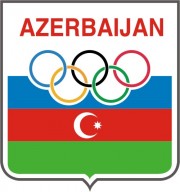
National Olympic Committee of the Republic of Azerbaijan
The National Olympic Committee was established at the all-republic conference held on January 14, 1992, and was registered at the Ministry of Justice on March 10 of the same year. When the Olympic Games started in Barcelona in 1992, the National Olympic Committee of Azerbaijan was not yet recognized by the International Olympic Committee. Therefore, only four athletes of Azerbaijan were able to participate in the Barcelona Games as part of the national team of the Commonwealth of Independent States created at that time. In September 1993, the International Olympic Committee introduced the National Olympic Committee of Azerbaijan at the General Assembly held in Monaco.
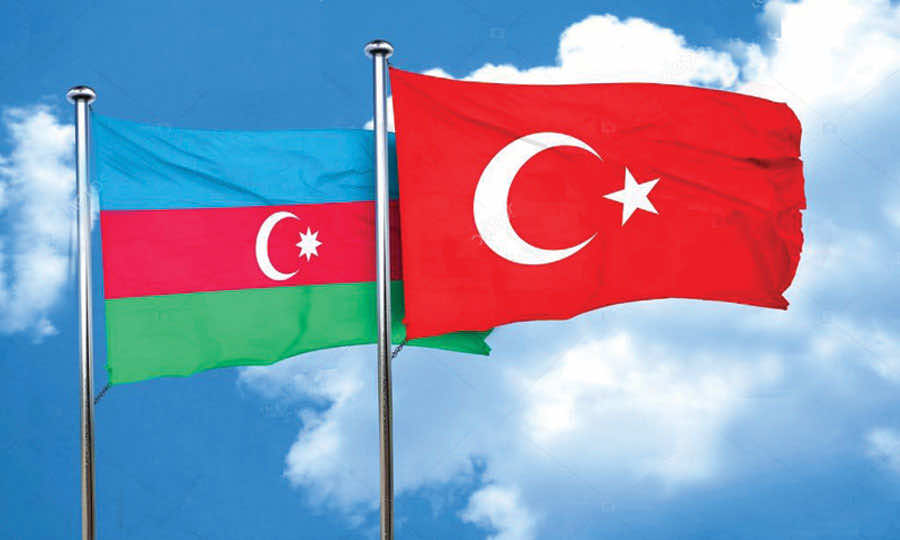
Establishment of diplomatic relations between the Republic of Azerbaijan and the Republic of Türkiye
The political relations between Türkiye and Azerbaijan set up with the declaration of the independence of Azerbaijan Democratic Republic on May 28, 1918, restored when Azerbaijan regained its independence and Türkiye became the first state recognizing its independence on November 9, 1991. Diplomatic relations between two states were established on January 14, 1992. The Embassy of the Republic of Azerbaijan in the Republic of Türkiye was opened in August 1992. There are Consulates General of Azerbaijan in Istanbul and Kars. The Embassy of Türkiye in Azerbaijan was established in January 1992. There are Consulates General of Türkiye in Nakhichevan and Ganja.
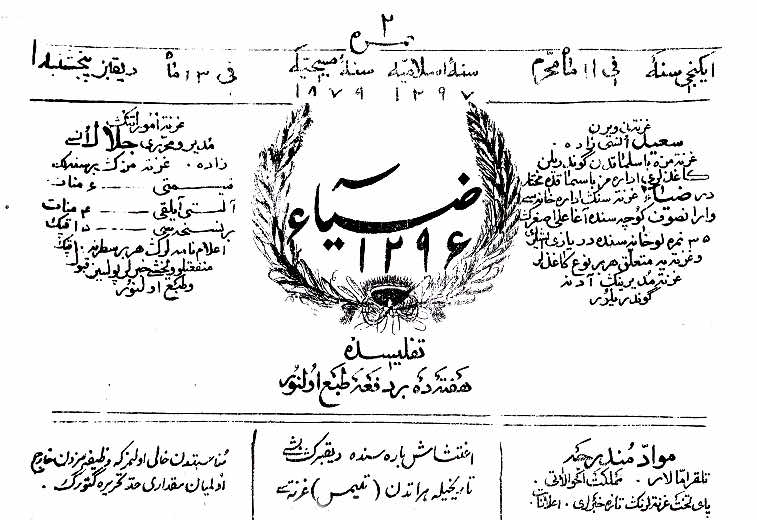
Printing of the first issue of the “Ziya” newspaper
After the print edition of Hasan-bek Zardabi's "Ekinci", the newspaper "Ziya" ("Light") occupies an important place in the history of the Azerbaijani national press of the late 19th century. On December 4, 1878, Seyid Unsizade appealed to the Caucasian Censorship Committee for permission to publish a newspaper. In his address, he noted that Eastern people, just like Western people, crave enlightenment and truth. Efendi explained the goals and objectives of the “Ziya” and stated that by bringing to readers news happening within the country as well as abroad, the newspaper would make its contribution to the education of society.
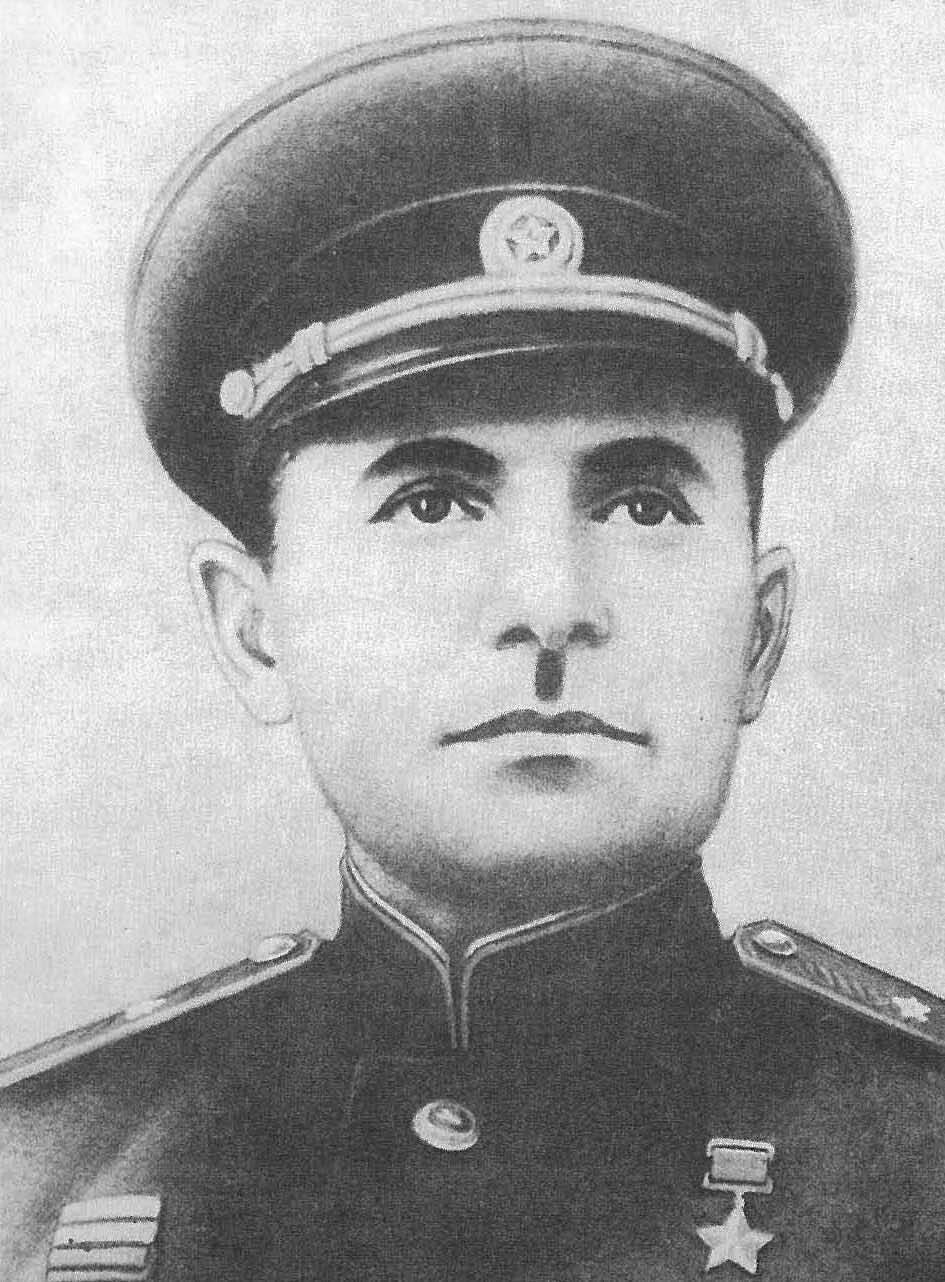
Twice Hero of the Soviet Union Azi Aslanov
Hazi Ahad oglu Aslanov was born on January 22, 1910 in Lankaran, in the family of a worker of the Lankaran Brick Plant. At the age of 14, he entered the Transcaucasian Military Preparatory School No. 1 in Baku. After leaving school, he was immediately sent to the Transcaucasian School of Military Training. In the 1924-1930s he studied at military schools of Baku and Leningrad. After completing his studies by order of the RMC of the Transcaucasian Military District, he was sent to study at the Borisoglebsk-Leningrad Cavalry School. In June 1931 he was appointed commander of a platoon of the 15th cavalry regiment of the 3rd Bessarabian cavalry division named after Kotovsky.
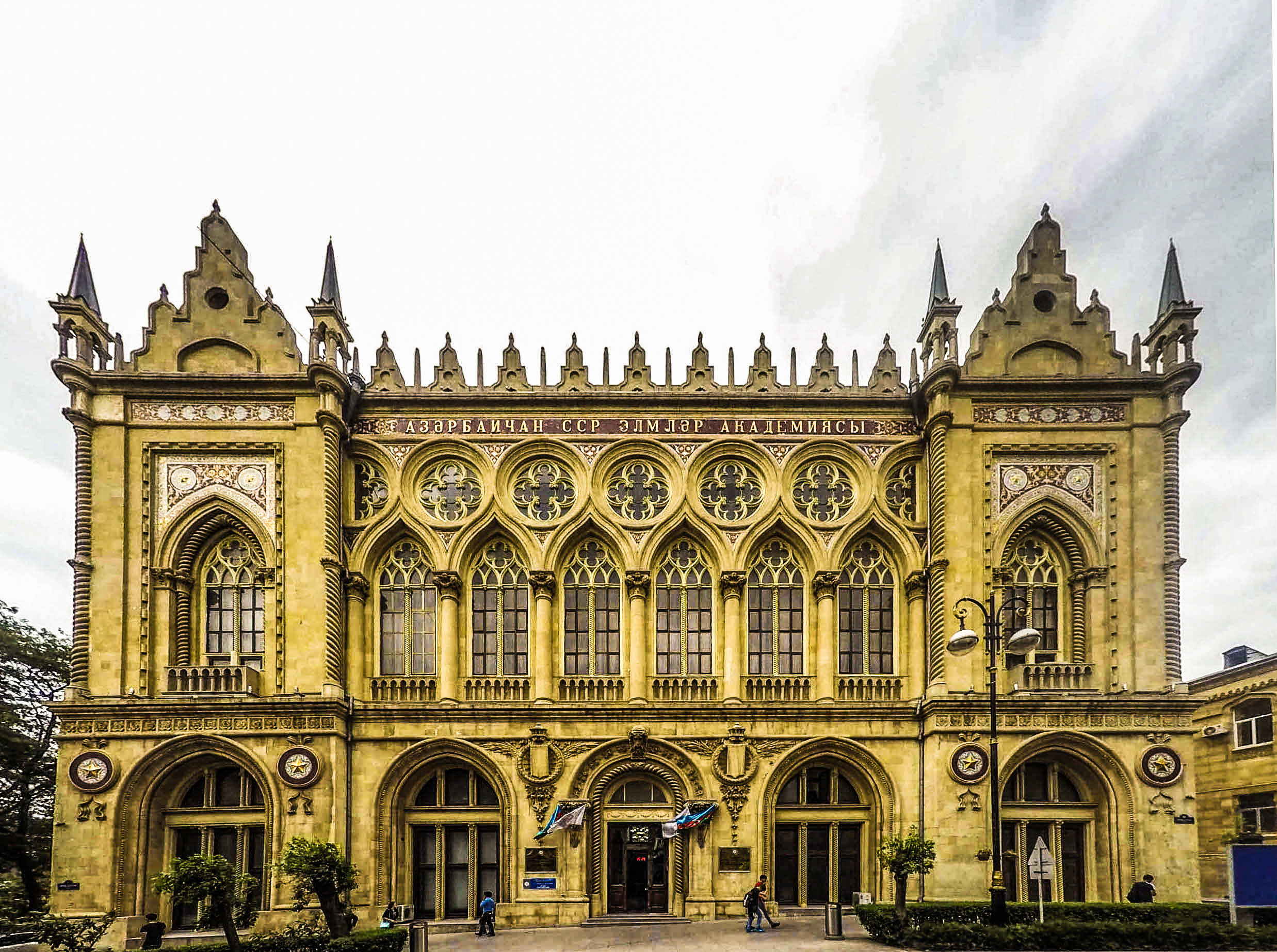
Establishment of the Azerbaijan National Academy of Sciences
Centuries of historical experience have proven that scientific and organizational institutions play a huge role in the development of science and become its driving force. The Azerbaijan National Academy of Sciences (ANAS) was born out of historical necessity and played an important role in the development of our country and our people. The National Academy of Sciences of Azerbaijan has great merits in the development of various areas of social life of Azerbaijan, in the struggle for state independence, as well as in the formation and further strengthening of the national intelligentsia.
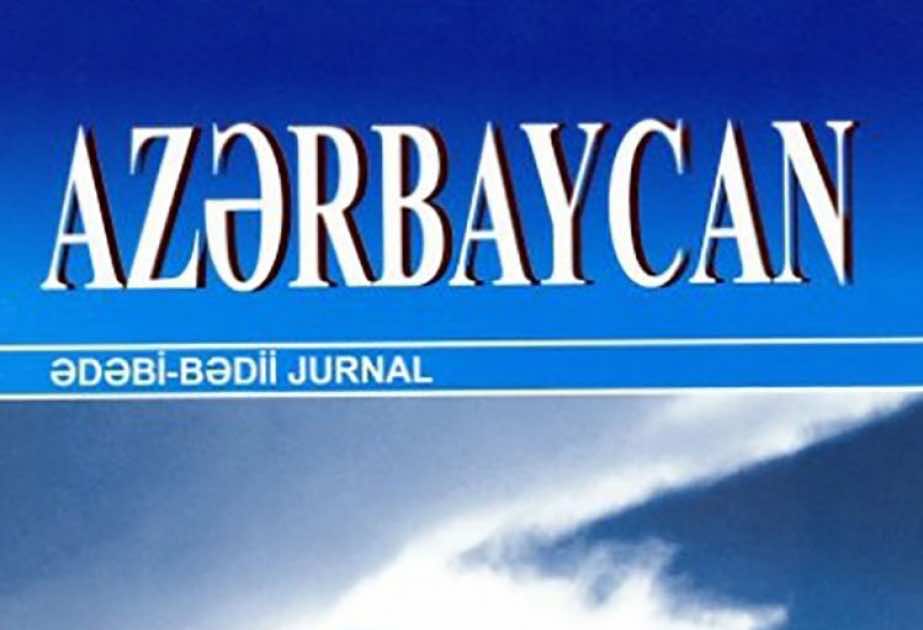
Publication of the magazine "Azerbaijan"
In the 20s of the XX century, to bring new literary works to a wider readership audience, there was a need for a large-scale printing press. In order to develop education, literature and art, by the resolution of the board of the People's Commissariat of Education of Azerbaijan dated October 14, 1922, the magazine "Enlightenment and Culture" (later "Azerbaijan") began to be published on January 28, 1923. The first issue of the magazine "Enlightenment and Culture" was published in 36 pages. The editorial office of the magazine was located in the "House of Enlightenment", not far from the current Sabir Square. The first editor of the magazine was the outstanding writer Taghi Shahbazi (Simurg).
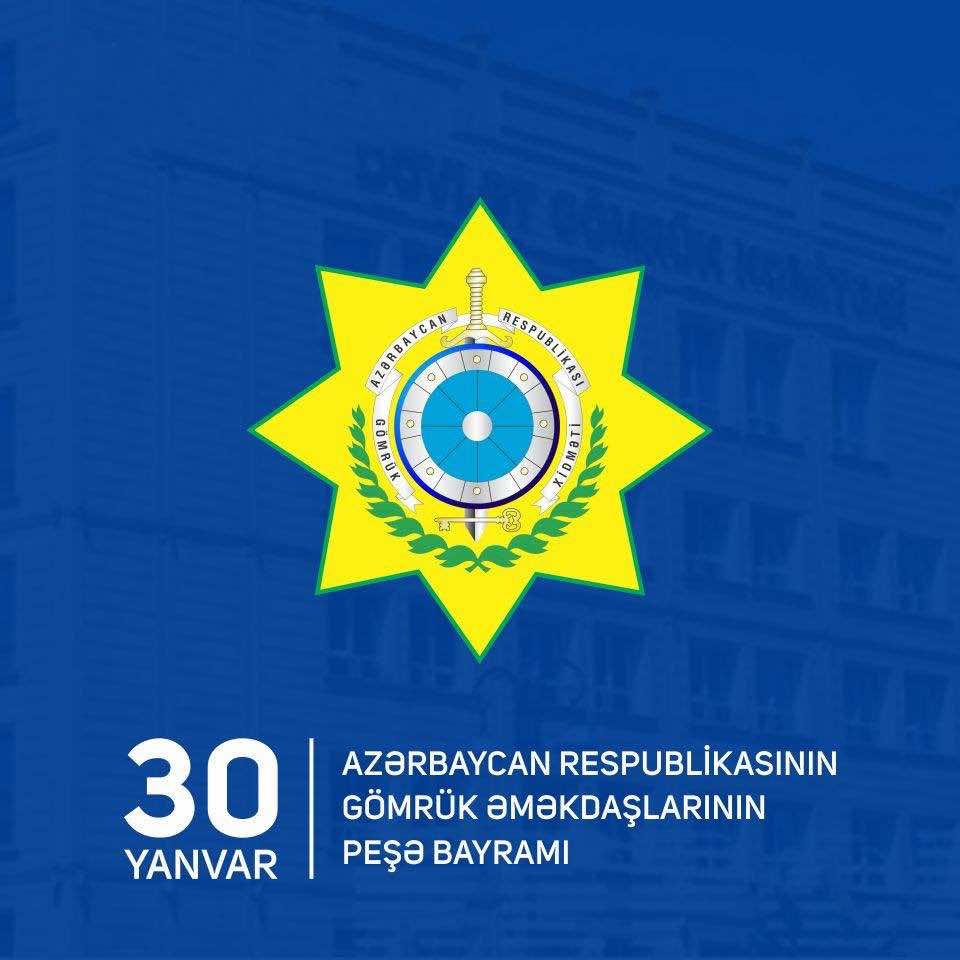
Professional holiday of customs officers of the Azerbaijan Republic
The Land of Fires Azerbaijan is one of the countries with a very ancient history and rich culture, one of the oldest settlements of mankind. Azerbaijan is a country with great national and spiritual resources and a rich cultural heritage. For centuries, there has been trade between countries in the world, and this has always been considered a structural element of each state. The creation of customs and foreign trade relations in Azerbaijan goes back to very distant times. Thanks to the famous “Silk Road” passing through Azerbaijan and connecting Europe and Asia, trade and crafts developed in this land because of the meeting of trade caravans of East and West, South and North.
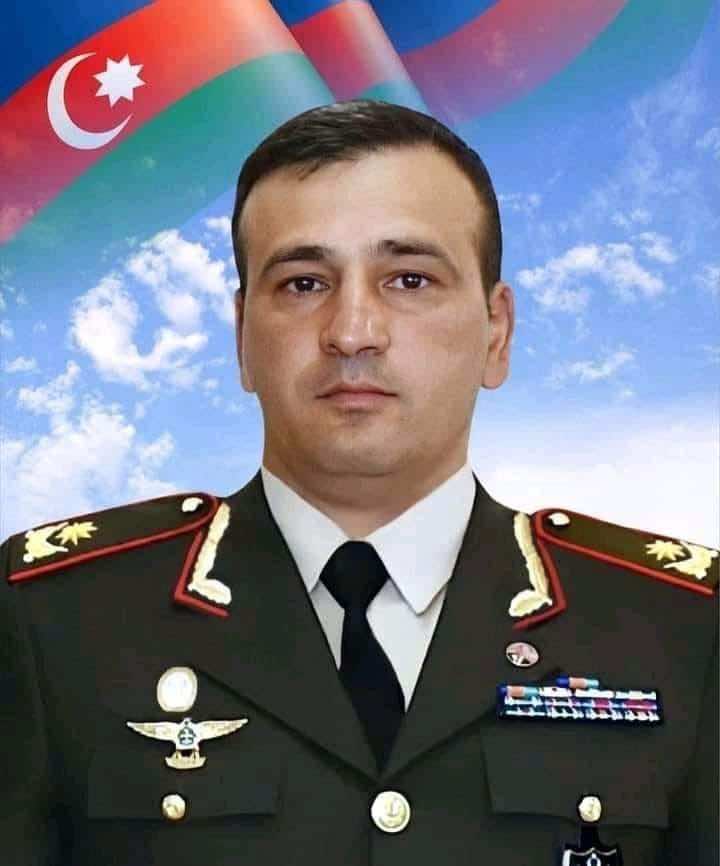
National Hero of Azerbaijan Polad Hashimov
Polad Israil oghlu Hashimov was born on 2 January 1975, in Vandam settlement of Gabala district. Subsequently, his family moved to the city of Sumgait. In 1992, he completed his studies at Sumgait Secondary School No. 34. In August of the same year, he was accepted to the Military Institute named after Heydar Aliyev, which he graduated in 1995 with a degree in motorized infantry. In December 1992, he participated in the defense of the villages of Marzili and Novruzlu in the Aghdam region, took part in preventing an attempted coup d'état during the events of 1993, also participated in the training of the 702nd Motorized Rifle Brigade.
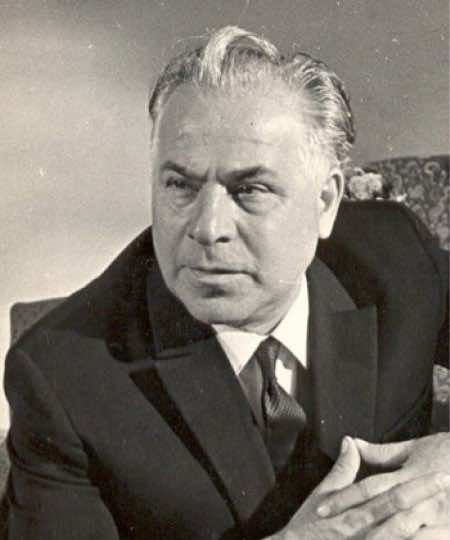
Prominent theater figure Ismail Daghistanli
Ismail Yusif oghlu Daghistanli is a People's Artist of the USSR, recipient of accolades of the State Prizes of the USSR and the Azerbaijan SSR, one of the most outstanding masters of the Azerbaijani stage. Ismail Yusif oghlu Daghistanli was born on January 6, 1907, in the Zarna village of Qakh region. From an early age he was interested in theatrical art. In 1925, he started his stage career in the drama society at the Central Workers' and Peasants' Club in Sheki. He studied at the Baku Theater College from 1926 to 1930. Since 1927, as an actor-trainee, he played in mass episodes on the stage of the Drama Theater.
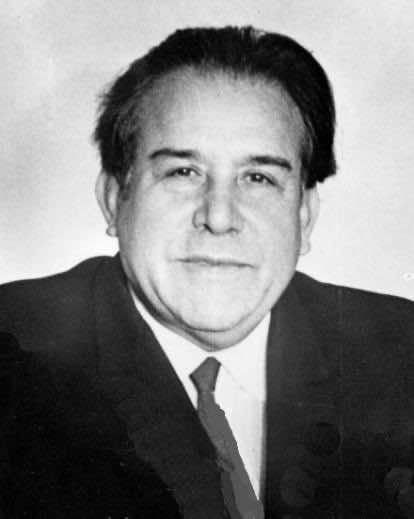
Academician Mirali Gashgay
The world-renowned geologist Mirali Gashgay Seidali oglu was born on January 7, 1907 in the city of Ganja. In 1912, he was educated in Ganja gymnasium. In 1924 he enrolled in the Department of Mining Prospecting faculty of Azerbaijan State Polytechnic Institute. In 1930, after the completion of studies toward, he headed for exploration work on the alunite field Zaylik. From 1930 to 1935 he studied at the post-graduate school Petrographic Institute of USSR Academy of Sciences (St. Petersburg). In Moscow at a meeting of the Institute of Geological Sciences of the USSR he defended his thesis "On the geological and petrological and geochemical characteristics of the mineral springs Istisu".
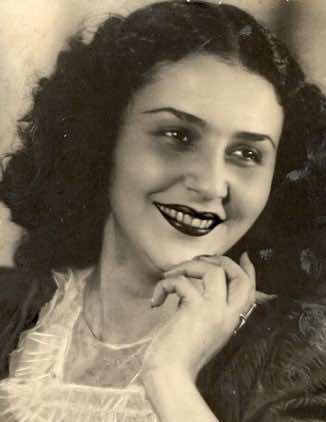
Azerbaijani theater and film actress Leyla Badirbeyli
Leyla Badirbeyli, a prominent representative of Azerbaijani theater and a unique figure of our national cinema, People's Artist, recipient of the State Prize of the USSR and the Republic of Azerbaijan, was born in Baku on January 8, 1920. Her mother, Bika Khanum, the daughter of the Shamkir Khan Musa, and her father, Agalar Bey, came from the village beys of the same region. She spent her entire childhood in Baku- Icheri Sheherin. Leyla Badirbeyli had a sibling who was 18 years younger. The mother of Leyla Badirbeyli, Bika khanum, played an important role in introducing her to art.
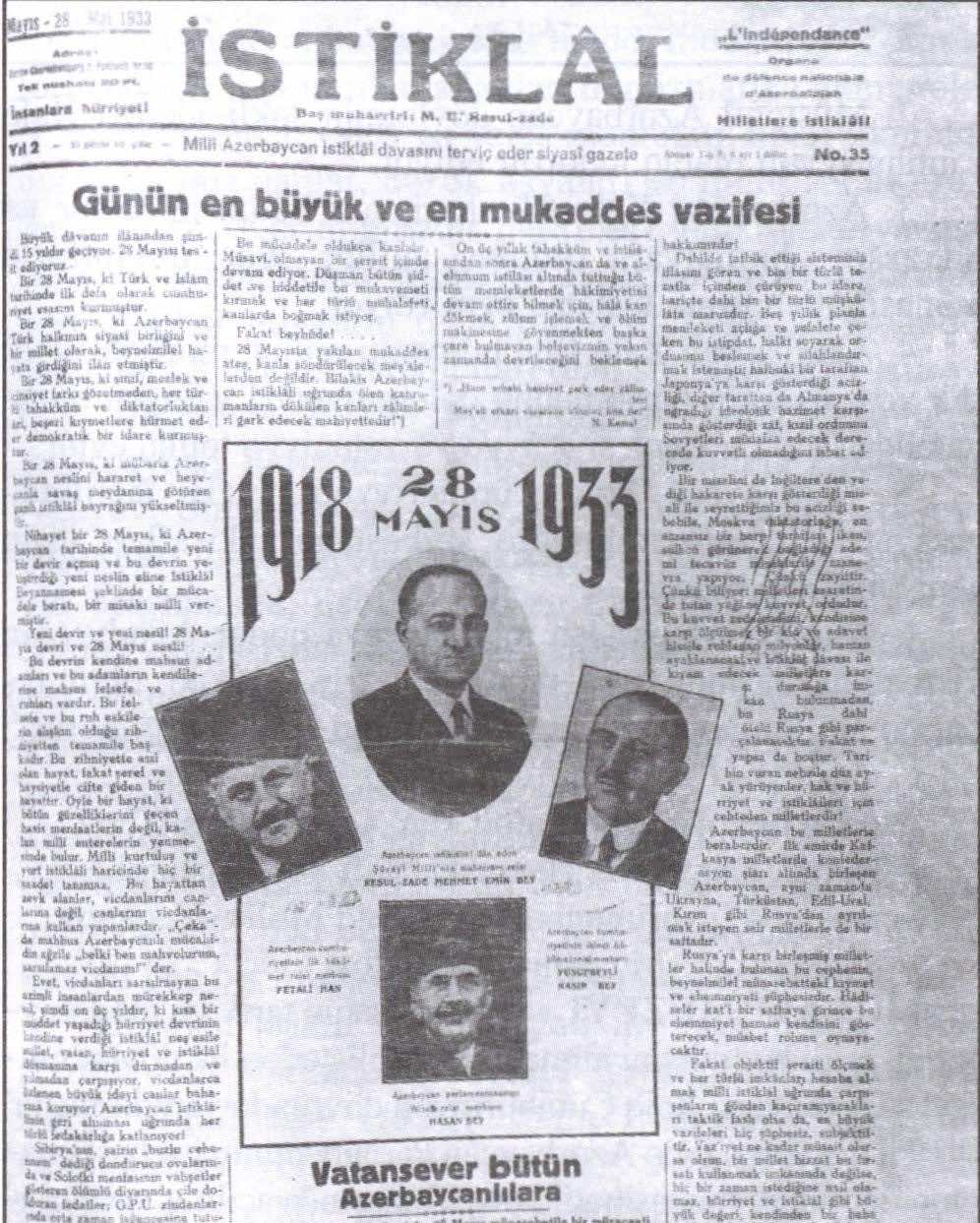
Publication of the first issue of “Istiqlal”, a socio-political newspaper of Azerbaijani political emigrants
The only printed source that informed the European public about the Bolshevik occupation of Azerbaijan and the glorious struggle of our people against the regime of invaders was the “Istiglal” newspaper. “Istiglal” (Independence)- is a socio-political newspaper published in 1932-1934 in Berlin (Germany) in the Azerbaijani language by Azerbaijani political emigrants who were compelled to leave their homeland after the fall of the Azerbaijan Democratic Republic. The first issue of the newspaper was published on January 10, 1932. The editor of a newspaper published under the slogan "Freedom to people! Independence for the peoples!" was Mammad Amin Rasulzade.
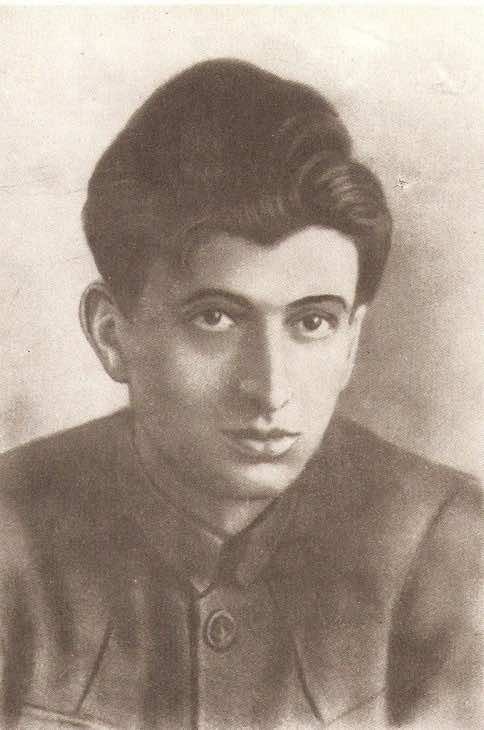
Political and statesman Ruhulla Akhundov
Ruhulla Ali ogly Akhundov was born on January 13, 1897 in the village of Shuvelyan near Baku, in the family of a teacher. R. Akhundov began his career at the “Orujev Brothers Printing House” in 1916, working as a proofreader and translator. He began his political activity after the February Revolution of 1917 and became an active member of the “left” group of Socialist Revolutionaries (workers). In 1918, he was the editor of the newspaper “Izvestia of the Soviets of Workers’ and Soldiers’ Deputies of the Baku Region.” He took an active part in the work of the Congress of Trade Unions of Transcaucasia, Dagestan and Turkestan. In May 1919 he joined the editorial office of “Hummet”.
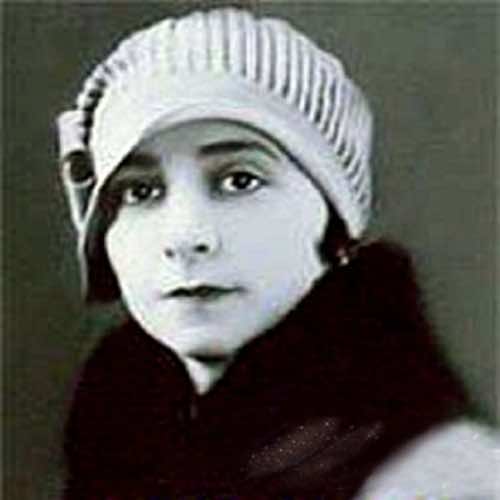
Banin, the first French-speaking Azerbaijani writer
Asadullayeva Ummulbanu Mirza gizi (Banin) was an Azerbaijani writer who lived and worked in France. Umulbanu, the granddaughter of famous Azerbaijani millionaires Shamsi Asadullayev and Musa Nagiyev and the daughter of millionaire Mirza Asadullayev, one of the ministers of the Azerbaijan Democratic Republic, was born on January 16, 1905. Banine’s mother died in childbirth, she and her three sisters Kovsar, Suriya and Kubra were raised by a foreign nanny. The October Revolution and the establishment of Soviet power forced them to leave their homeland, so they emigrated first to Turkey, and from there to Paris in 1924.
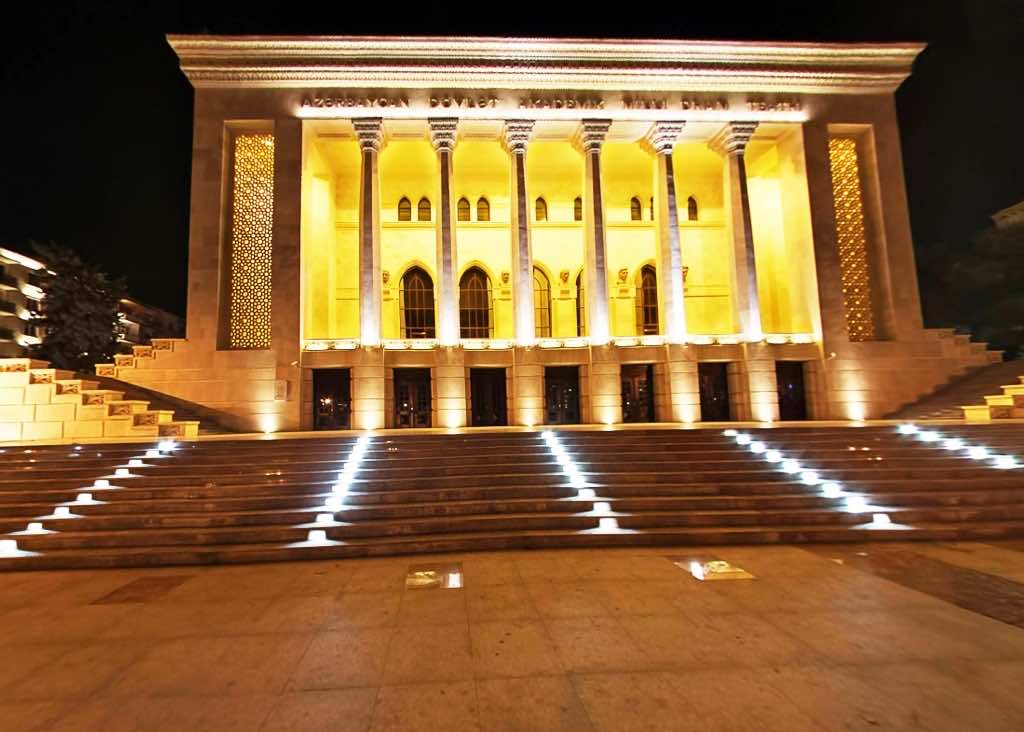
Grand opening of the Azerbaijan State Academic National Drama Theatre
The unification of the current academic National Drama Theater into a single collective, placing it under the auspices of the state, assigning it an official name and allocating a building for permanent activity began in 1919. Since the formation of theatrical art (March 10, 1873), the State Theater was founded for the first time in 1919. The theater was placed at the disposal of the Ministry of Education and certain measures have been taken for its further development. The building of the Mailov Brothers Theatre was transferred to the State Theatre (the State Turkic Theatre), which united various theatre troupes. On October 24, 1919, the State Theater was officially opened.
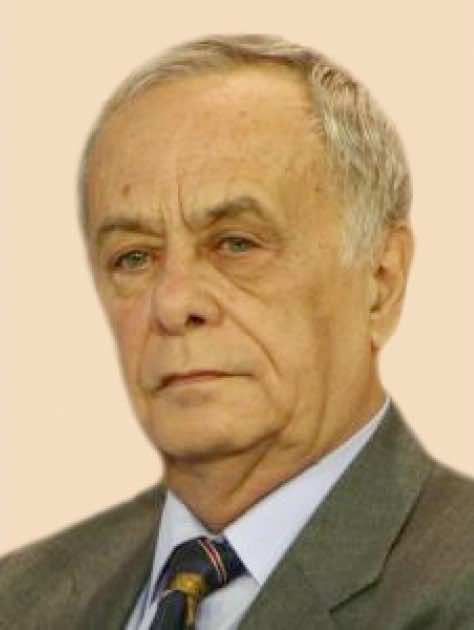
Prominent film director and screenwriter Eldar Guliyev
Eldar Tofig oglu Kuliyev was born on January 18, 1941 in Baku, in the family of the famous composer, one of the founders of Azerbaijani pop music Tofig Kuliyev. After graduating from high school in 1958, he got a job as an assistant director at the Azerbaijanfilm studio and worked there for one year. In 1960 Eldar Kuliyev entered VGIK in Moscow. After graduating in 1966, he was trained as a film director. In 1967, Eldar Kuliyev got a job at the Azerbaijanfilm studio and worked there until the end of his life. Since 1987, he has been the artistic director of the experimental youth creative studio “Debut” at the Azerbaijanfilm studio.
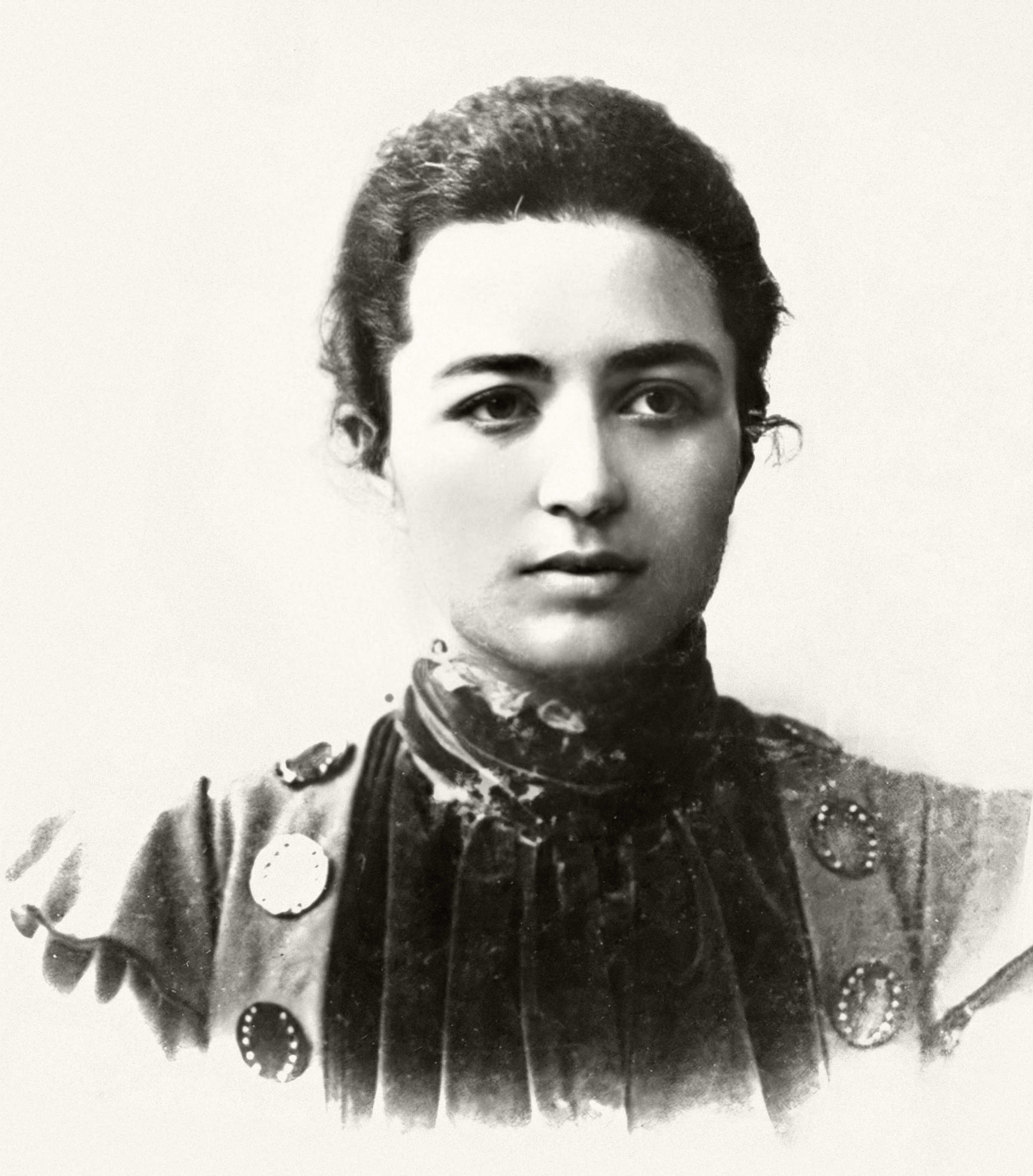
One of the first enlighteners of Azerbaijan - Hamida Mammadguluzadeh-Jevanshir
Hamida Mammadguluzadeh (Jevanshir), philanthropist and educator, prominent public figure in the history of our culture of the XIX century, was born on January 19, 1873 in the village of Kеhrizli of Shusha district (Aghjabedi district). She was a descendant of Ibrahim-khan - ruler of Karabakh, blood relative of poetess and philanthropist Agabeyim-aga, Govharnisabeyim-aga and Khurshidbanu Natavan. Hamida, considered one of the first enlightened women of Azerbaijan, was the daughter of historian Ahmed-bek Jevanshir and wife of writer Jalil Mammadguluzadeh.
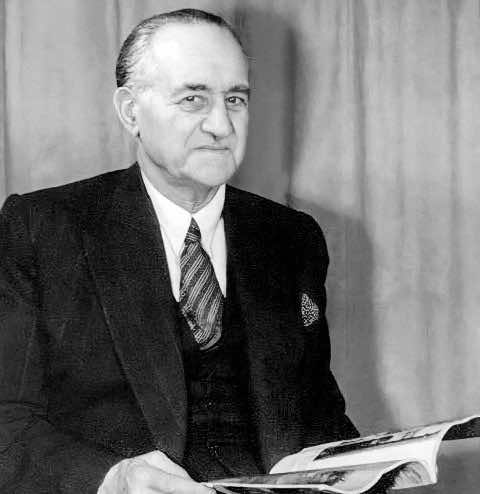
One of the founders of the Azerbaijan Democratic Republic Muhammad Emin Rasulzade
Rasulzade Mahammad Amin Alekbar oglu was born on January 31, 1884 in a township Novkhani, near Baku in a family of the mullah. In spite of being religious, the father of Mahammad Amin sent him to the Russian-Tatar school to get secular education. The director of that school was S. M. Hanizade. Having finished that school, Mammad Amin continued his study in the Baku technical college, where in 1902 he founded a youth study group named the "Muslim Youth Organization". In 1903 his first article about purity of the native language was issued in the “Shargi-Rus” ("The Russian East") newspaper. For that period that was the only one newspaper published in the Turkic language in Russia.